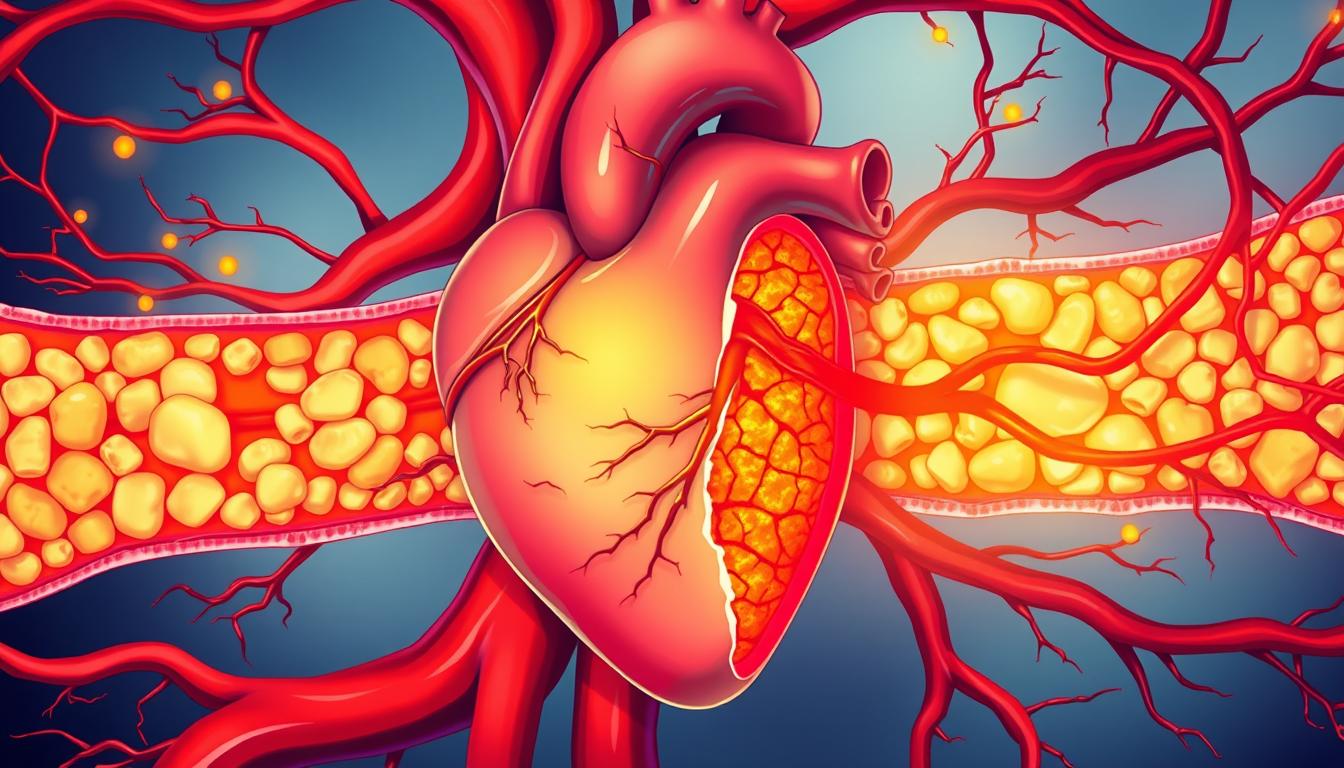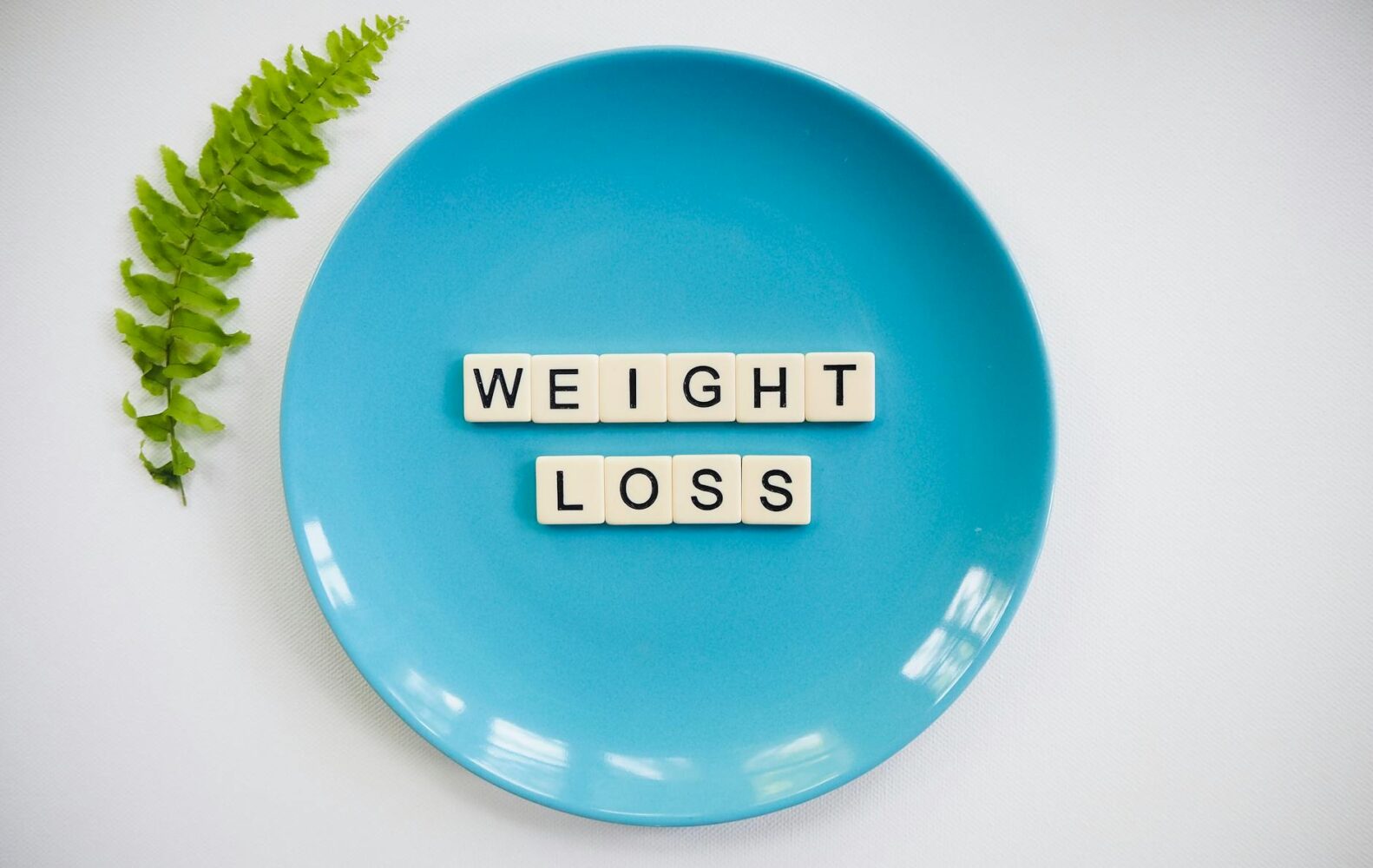Did you know over 21 million adults in the United States had a major depressive episode in 2020? Depression is a big mental health issue that affects many lives. But, with the right help and strategies, you can beat it and feel better.
This guide will show you how to deal with depression. You’ll learn about its symptoms and causes. You’ll also find out about different therapy options and medication roles. Plus, you’ll discover lifestyle changes and self-care strategies like mindfulness practices and cognitive behavioral therapy to help you recover.
Key Takeaways
- Depression is a widespread mental health challenge that affects millions of Americans.
- Understanding the symptoms and causes of depression is the first step in addressing it.
- Exploring therapy options, such as cognitive behavioral therapy, can provide effective treatment.
- Medications, including antidepressants, can be part of a comprehensive treatment plan.
- Adopting lifestyle changes, including exercise and a balanced diet, can support mental health.
- Practicing self-care strategies, like mindfulness and relaxation techniques, can help manage depression.
- Building a strong support system is crucial for overcoming depression and maintaining progress.
Understanding Depression: Symptoms and Causes
Depression is a complex mental health issue that affects many people around the world. It’s important to know the common symptoms and what might cause them. By recognizing these signs, we can start looking for help and treatment.
Recognizing the Signs of Depression
Feeling persistently low is a main symptom of depression. People might also lose interest in things they used to enjoy. Changes in sleep, appetite, and weight are common too.
Feeling worthless or guilty and struggling to focus or make decisions are also signs. These symptoms show that someone might be dealing with depression.
Exploring the Root Causes of Depression
Depression can come from many places, like genes or life events. Studies show that people with a family history of depression are more likely to get it. Stressful events, like losing someone close, can also lead to depression.
Some medications, health issues, and hormonal changes can also cause it. Knowing the symptoms of depression and what might cause it is key. This knowledge helps us find the right treatment and support.
Seeking Professional Help: Therapy Options
Looking for help with depression can really change things. Cognitive behavioral therapy (CBT) is a top choice. It helps people change negative thoughts that make them feel down.
CBT is known for being very effective. It teaches people to challenge and change their negative thoughts. This way, they can stop the cycle of bad thinking and find better ways to cope.
The best thing about cognitive behavioral therapy is it focuses on now. It doesn’t look back like some therapies do. This makes it easier to see progress and feel better sooner.
If depression is getting you down, don’t wait to get help. CBT can be a big step towards feeling better. It helps you take charge of your mental health and improve your life.
Medication for Depression: Antidepressants and Beyond
Medication is a key part of managing depression for many people. Antidepressants are a common choice for treating depression. They help by balancing the brain’s neurotransmitters, like serotonin and norepinephrine.
There are many types of antidepressants, each working differently. From SSRIs to SNRIs, each has its own benefits. It’s important to find the right antidepressant and dosage with a healthcare provider.
“Antidepressants can be a game-changer for many people dealing with depression, but they are not a one-size-fits-all solution. It’s crucial to explore all options and work closely with a mental health professional to find the best approach.”
Other medications, like mood stabilizers and anti-anxiety drugs, may also help. Even ketamine-based therapies are options for some. These can be good for those who haven’t seen results with traditional antidepressants.
Choosing medication for depression should be a team effort with a healthcare provider. They consider your symptoms, medical history, and what you prefer. By looking at all options, you can find the best way to manage your mental health and beat depression.
Lifestyle Changes for Managing Depression
Getting professional help and looking into medication are key steps for dealing with depression. But, making lifestyle changes can also help a lot. By adding regular exercise, a healthy diet, and self-care, you can manage depression symptoms and improve your mental health.
Exercise and Physical Activity
Many studies show that exercise can really help with depression. It releases endorphins, which make you feel better and reduce sadness, anxiety, and stress. Doing different types of exercises, like running, weightlifting, and yoga, can boost your mood and well-being.
Nutrition and Diet for Mental Health
What we eat affects our mental health too. Eating foods rich in nutrients, like whole grains, lean proteins, fruits, and veggies, can lift your mood. Foods with omega-3s, vitamin D, and B vitamins are especially good for your mind. Adding these to your diet can support your depression treatment plan.
“Nourishing the body and mind through healthy lifestyle choices can be a transformative experience for individuals struggling with depression.” – Dr. Emily Watkins, Clinical Psychologist
By making lifestyle changes, you can help manage depression and improve your overall health. From exercising regularly to eating a balanced diet, these steps can work alongside professional treatment. They can help you on your path to recovery.
Dealing with Depression: A Comprehensive Guide to Overcoming It
This guide covers many ways to deal with depression. We’ve looked at the causes, getting professional help, and making lifestyle changes. It offers a complete plan to beat mental health issues.
Self-care is key in this fight. By being active, eating well, and practicing mindfulness, we build a strong mental base. As the saying goes, “A healthy mind in a healthy body.”
Getting help from professionals is also crucial. Cognitive Behavioral Therapy (CBT) is very effective in changing negative thoughts and finding ways to cope.
You’re not alone in this battle. Having a supportive family, friends, and mental health groups helps a lot. By taking action and using a whole approach, you can get your mental health back. You can live a life full of purpose and happiness.
Self-Care Strategies for Coping with Depression
When you’re dealing with depression, taking care of yourself is key. Mindfulness, meditation, and relaxation can help manage your mental health. These practices give you control over your feelings and improve your mood.
Mindfulness and Meditation Practices
Mindfulness and meditation are strong allies against depression. They help you stay present and understand your feelings better. Mindfulness practices can also make you feel less stressed and more positive.
Relaxation Techniques for Stress Relief
Stress can make depression worse, so it’s important to know how to relax. Deep breathing, muscle relaxation, and guided imagery can calm you down. Adding these stress relief activities to your day can greatly help your self-care.
“When you own your breath, nobody can steal your peace.” – Unknown
By focusing on self-care for depression, you can improve your mental health. Try out different mindfulness practices and meditation techniques to see what works for you. Remember, it’s okay to ask for help from mental health experts too.

Building a Support System: Family, Friends, and Groups
Dealing with depression is tough, but having a strong support system helps a lot. Connecting with family and friends, and joining depression support groups, offers many benefits. These can help you overcome depression.
Being around family and friends for mental health brings comfort and support. Talking about your struggles with them can make you feel less alone. They can listen, help out, and be there for you when things get tough.
Depression support groups are also very helpful. They offer a safe place to share, learn, and connect with others who get it. Being part of these groups can make you feel part of a community, help you feel less alone, and give you the strength to recover.
“Connecting with others who truly understand what you’re going through can be a game-changer in the journey to overcome depression. Social support is not just a nicety, but a necessity.”
Building a support system and engaging with loved ones and support groups is key. It creates a strong network of social support for depression. This network gives you the emotional, practical, and social support you need to face your mental health journey with hope and resilience.
Overcoming Negative Thought Patterns
Negative thoughts can make depression symptoms worse. However, understanding cognitive restructuring can help. It lets you spot and change bad thoughts into better ones.
Cognitive Restructuring Techniques
Cognitive restructuring is a key strategy. It helps you look at your thoughts and change negative ones to positive ones. This way, you can think more clearly and feel better.
By practicing and thinking about your thoughts, you can learn to spot and change negative ones. Adding mindfulness and relaxation helps too. It makes you more aware of your thoughts and respond better.
“The greatest weapon against stress is our ability to choose one thought over another.” – William James
Using cognitive restructuring can help you fight negative thoughts linked to depression. With effort and a willingness to change your thoughts, you can see life in a more positive light.

Preventing Relapse: Maintaining Progress
Beating depression is a long journey, and stopping it from coming back is key. This last part will give you tips on keeping up the good work and staying strong. You’ll learn how to watch your mental health, spot early signs, and take steps to stay well and avoid getting depressed again.
Developing Resilience and Emotional Strength
Being emotionally strong is vital for managing depression and staying positive. Resilience lets you bounce back from tough times and handle life’s ups and downs. By knowing yourself better, managing stress, and thinking positively, you can grow stronger emotionally.
Regular self-check-ins, mindfulness, and a strong support network help build resilience. Also, setting and reaching goals, celebrating small wins, and learning from your experiences boost your emotional strength. This helps you avoid falling back into depression and keeps you moving forward.













